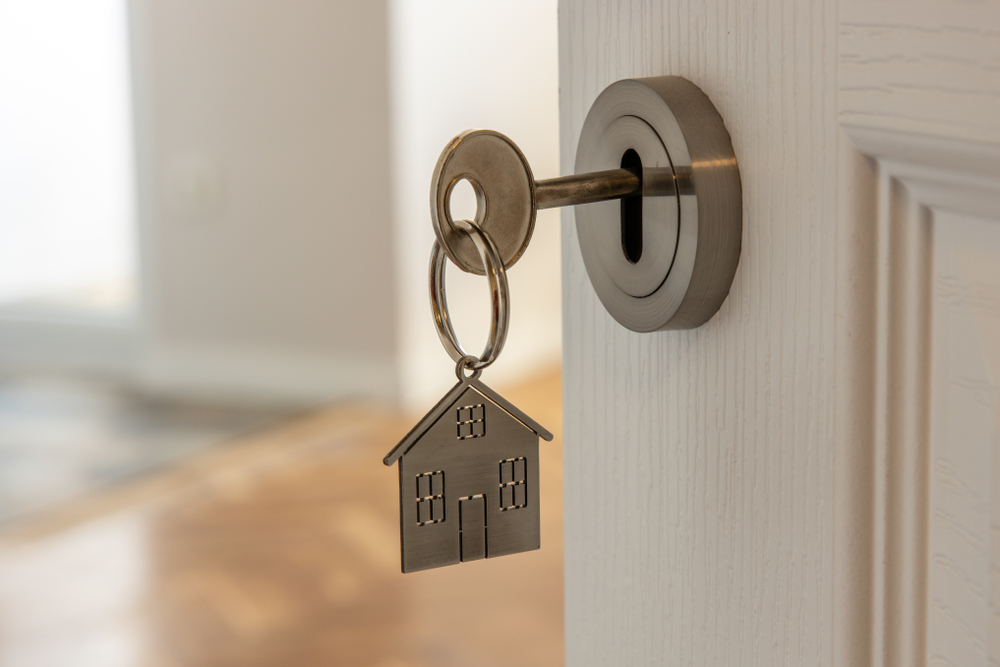Leaseholders have been unable to sell or rent their flats because mortgage providers are unwilling to lend on the properties or because of other resulting restrictions
Owners of flats built with combustible cladding have welcomed a UK government move to make developers contribute more to the cost of its removal following the deadly 2017 Grenfell Tower fire but say much more is needed.
I would say it’s a step in the right direction, but it’s certainly not a solution, said Lucy Brown, 47, a financial headhunter who lives on the top 2 floors of an apartment block in London’s Docklands.
Housing Secretary Michael Gove on Monday said he wants the construction industry to stump up around £4 billion to cover the expense of removing the dangerous cladding from apartment buildings between 11 and 18 metres tall.
Brown, whose apartment block is around 18 m high, says she still has no idea when the cladding around her flat will be removed, or how much she will be charged.
This makes it very difficult to sell, said Brown, who is part of the End Our Cladding Scandal (EOCS) campaign. Because anybody looking to buy the flats will have to take on what’s essentially an uncapped charge to remediate the buildings and make them safe, she said.
An official report blamed highly combustible cladding fixed to the 24-storey block as the ‘principal reason’ the fire spread. A public inquiry is still going on.
Brown says the cost of making a flat safe – wrapping the building in plastic sheets and keeping all the windows closed for up to a year – can be £200,000. And also typically when the cladding comes off, is when they find out the full extent of the defects, and what else needs to be remedied, said Brown.
Grenfell was Britain’s deadliest domestic fire since World War II.
It left thousands of leaseholders facing rising costs – from increased insurance premiums to, in some cases, having to pay for round-the-clock fire marshal patrols.
They have been unable to sell or rent their flats because mortgage providers are unwilling to lend on the properties or because of other resulting restrictions.
Brown’s neighbour, Liam Spender, 37, a lawyer who is also part of the EOCS campaign, said it was too early to know what the impact of the government U-turn would be.
In England, if you own a flat, you are a leaseholder – but the landlord is the owner of the freehold, the land on which the building is situated, and leaseholders are liable for ground rent.
Spender said he bought his flat, at the top of a nearby 5-storey building, in 2019. ‘None of the surveys I had done indicated there was any issue,’ he said.
Around a year after moving in, he received a letter from the landlord saying the cladding was flammable and that flat owners would be expected to pay to remove it.
It’s astounding, said Spender. There’s so little protection for people buying flats and houses, you have more protection buying a sandwich than you do buying a flat or a house in this country as the law currently stands.






